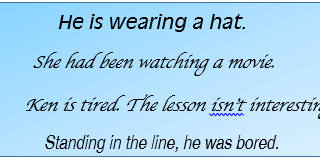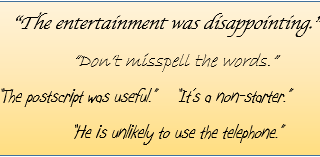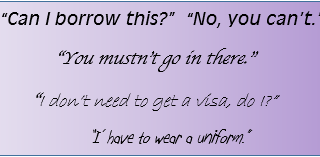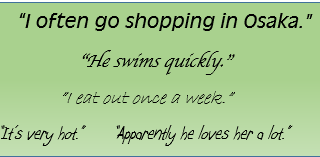 English grammar
English grammar Present and Past Participles
The present participle: Formed by adding –ing to the verb. The past participle: With regular verbs the form is the same ...
 English grammar
English grammar  English grammar
English grammar  English grammar
English grammar  English grammar
English grammar  English grammar
English grammar  English grammar
English grammar  English grammar
English grammar  English grammar
English grammar  English grammar
English grammar  English grammar
English grammar